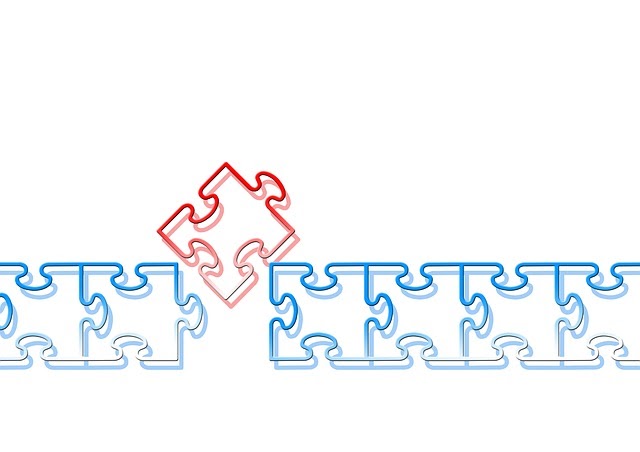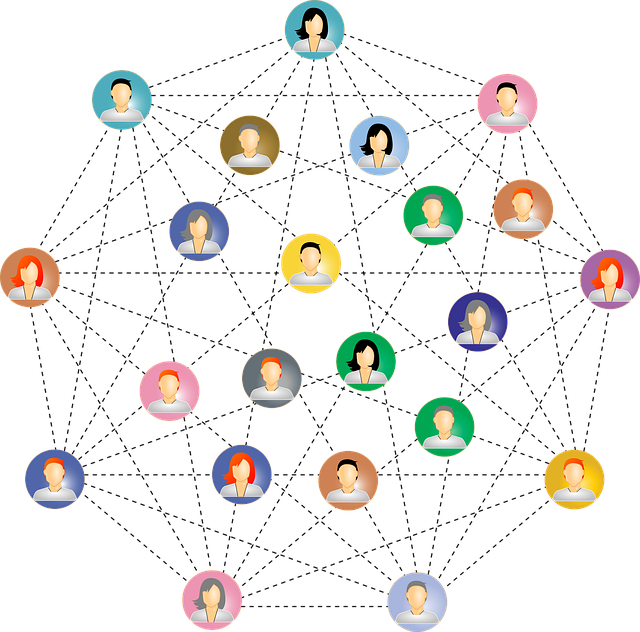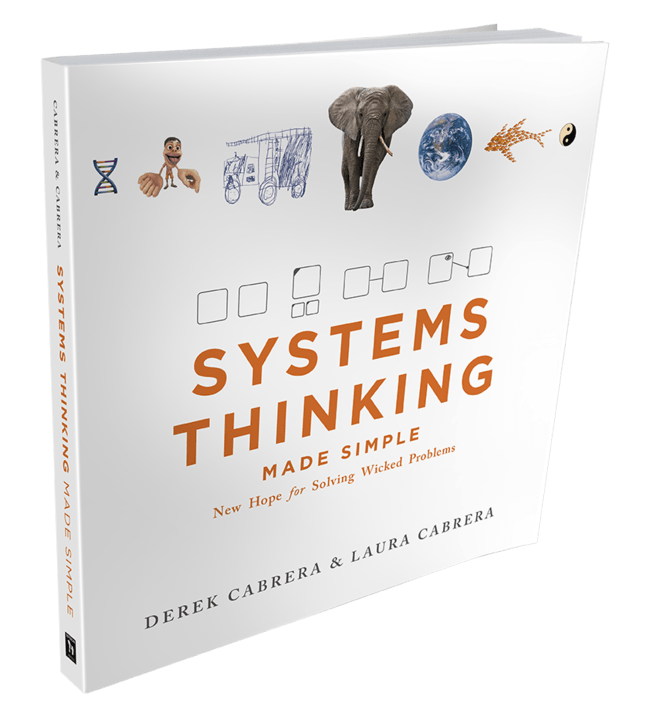DSRP and Emotional Intelligence in the Workplace
 Ashely Hock
·
3 minute read
Ashely Hock
·
3 minute read
This blog was written by Ashley Hock as a project for PADM 5449 at Cornell University.
The following is meant as a primer for young professionals on the value of emotional intelligence in the workplace and how DSRP can help improve EI.
Why EI is important in the workplace:
Many employers today look for emotional intelligence in addition to traditional measures of IQ. Just because someone is highly intelligent does not mean they will positively contribute to an organization. Failure to recognize how one role fits into the larger mission leads to siloed information. Emphasizing one position over another and adhering to a strict categorization of jobs within an organization prevents collaboration and can marginalize certain people and job functions.

EI allows professionals to understand how every piece of an organization comes together to fulfill the mission. It allows for understanding and acknowledgement of different ideas and perspectives. Organizations cannot function on IQ alone.
The four simple rules of systems thinking, DSRP, provide the tools for people to improve emotional intelligence.
Distinctions:
We constantly make distinctions whether we know it or not. Distinctions imply the existence of an identity and an other. Failure to recognize these two elements can lead to the marginalization of the other.
 In order to improve emotional intelligence, we must fully recognize the other. By understanding the distinctions we make, we are able to better understand the people with whom we work. It prevents stereotyping and psychological projection. When we can recognize the existence of a different idea or approach, we improve our ability to relate to and work with others. It is an acknowledgement that our way is not the only way.
In order to improve emotional intelligence, we must fully recognize the other. By understanding the distinctions we make, we are able to better understand the people with whom we work. It prevents stereotyping and psychological projection. When we can recognize the existence of a different idea or approach, we improve our ability to relate to and work with others. It is an acknowledgement that our way is not the only way.
Furthermore, making distinctions allows us to discern our thoughts from our feelings. Most people use the terms interchangeably. However, they are separate and require different responses. The ability to understand the difference is key to processing our thoughts and feelings. Failure to effectively deal with feelings in an appropriate way ultimately leads to repression. Feelings that have been ignored and repressed will eventually come out in the workplace. Personal life usually affects professional life whether we realize it or not. In order to prevent our personal life from negatively affecting our professional life, we need to take full ownership of our feelings and treat them differently than thoughts.
Systems:
Any whole can be broken down into parts, and any part is a piece of a larger whole. In the workplace it is crucial to understand how your role is part of the larger whole. What job functions are part of your role? Are your job tasks part of someone else’s job? How does your role impact the whole organization?
Inability to recognize parts and whole leads to siloed information and an inability to effectively collaborate. If every person just focused on their individual job without understanding how all the jobs come together, the pieces will not fit together. One person may not be able to use someone else’s work because it does not fit with his/her own work.

Understanding parts and wholes allows us to realize how all the pieces of the organization fit together. Without this knowledge, we have a tendency to place more importance on our own work than others’ work.
Relationships:
Every relationship is made up of an action and a reaction. Not only does this happen when interacting with others, it is also happening inside ourselves. We always have a reaction to certain actions whether we are interacting with someone or not. This knowledge can give a deeper insight into how we respond in certain situations.

Understanding relationships is also important because they are not as simple as they seem. It is tempting to approach them in a linear fashion. However, in reality there is a complex web of causality. Understanding how different parts are connected prevents us from placing blame for a failure on someone else or taking sole credit for success. In reality, the interactions of all the different parts caused the failure or the success. As a result, we can decrease egoism and promote collaboration within the workplace.
Perspectives:
A perspective is made up of a point and a view. People can view the same points differently. Recognizing different perspectives allows for genuine understanding and empathy. It allows for open and civil dialogue. When people fail to recognize differences in perspectives, they believe there is a disagreement when really they are talking about different things. Acknowledging other peoples’ views can help people work to build a shared understanding of a topic.
As a result, we can communicate more effectively with colleagues. Additionally, recognizing different perspectives can allow for innovative solutions to different problems and projects. It causes people to look at the task from every angle and forces them to recognize various challenges they might not realize on their own.

Conclusion:
DSRP increases metacognition which is an awareness of how we think. In order to cultivate emotional intelligence we need to understand the distinctions we make, the parts and wholes of systems, relationships among parts and wholes, and the different perspectives people can take. An increasing number of employers look for EI in potential employees because it allows for collaboration and innovation. People who cannot work well with others will struggle with productivity in the workplace. As specialization increases in the professional world, collaboration becomes all the more important.
In order to succeed in the workplace, we must increase awareness of how we think. Metacognition can allow us to understand how we interact with others and how we can improve relationships in the workplace.
.png?width=150&height=150&name=CRL%20GOAT%20Logo%20(4).png)


